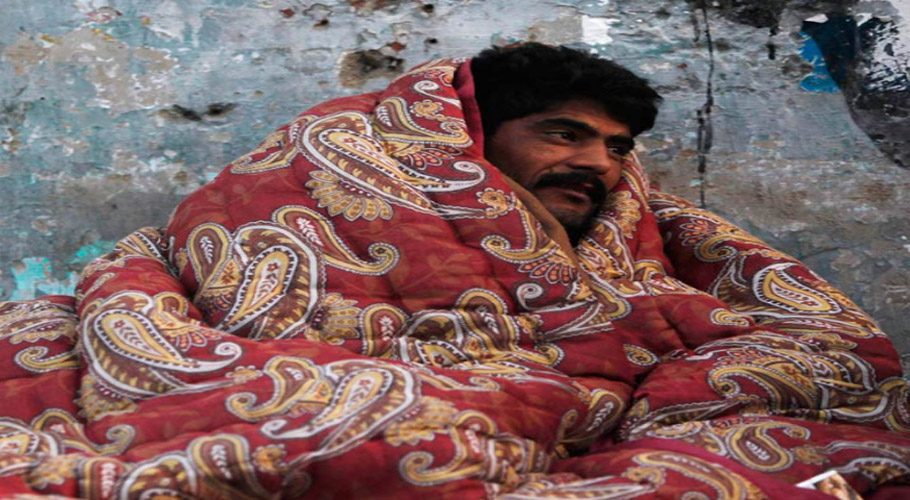![]() Follow Us on Google News
Follow Us on Google News
Pakistan Telecommunication Authority (PTA) is going to block all unregistered VPNs across the country, according to news circulating on social media. So, what will you do if PTA blocks your VPN as well? You had some important tasks to do, and now they are impossible. A stunning answer is here, so let’s see.
First of all, PTA is not doing anything illegal or wrong; they are fulfilling their duty, and as law-abiding citizens, we should respect that. However, if your VPN gets blocked, you may no longer be able to access social media or websites that are restricted in your country due to geographical limitations.
Sometimes, it is essential to push the limits and use something like a VPN. But if PTA is going to ban it, what are the alternatives? This is the main and most important question, and everyone should know the answer as it could be crucial for many internet users and IT professionals.
The first option is using registered VPN services. VPNs that are registered with PTA will still be allowed to operate, even if unregistered VPNs are blocked. So, Pakistani individuals and businesses can opt for these services as a good first choice.
Many businesses and individuals require VPN access for legitimate purposes. They can apply for VPN registration with PTA, which would recognize the VPN and allow it to be used within the country.
Alternatively, you can also use paid VPNs. Some paid VPN services may be able to bypass local restrictions by offering advanced encryption techniques or dedicated servers in regions where VPN access is not restricted. These services can be more resilient to blocking attempts.
Another option is using decentralized VPNs. Some decentralized VPN networks based on blockchain technology might be harder to block for PTA since they don’t rely on centralized servers. Their resilience against attempts to block access by authorities can be impressive.
The Tor Network provides anonymity and can help access blocked websites or services. However, it can be slower and less reliable for regular use. Some YouTubers even mention that Google Translate can be used to open blocked websites, but this is mainly for translation purposes only.
Some individuals can use proxy servers to mask their IP addresses and bypass geographical restrictions. However, proxies may not offer the same level of encryption as VPNs, but they can still be useful to some extent.
Changing your internet source can also be useful. Sometimes VPNs are blocked on Wi-Fi networks or cable internet, but they may still work on mobile data. While mobile data might not always bypass restrictions set by authorities, cable internet can sometimes perform better in this regard.
Some smart DNS services can also be used as an alternative to VPNs. They don’t encrypt traffic but can help bypass geographical restrictions and let users access blocked content that is essential for their professional commitments or other legitimate purposes.
At the end, it is important to note that the information provided here is not meant to encourage bypassing PTA’s restrictions. The government is taking these steps with public safety and national security in mind. All the information above is for educational purposes, and internet users are advised to use it at their own responsibility, keeping in mind all legal obligations.
































